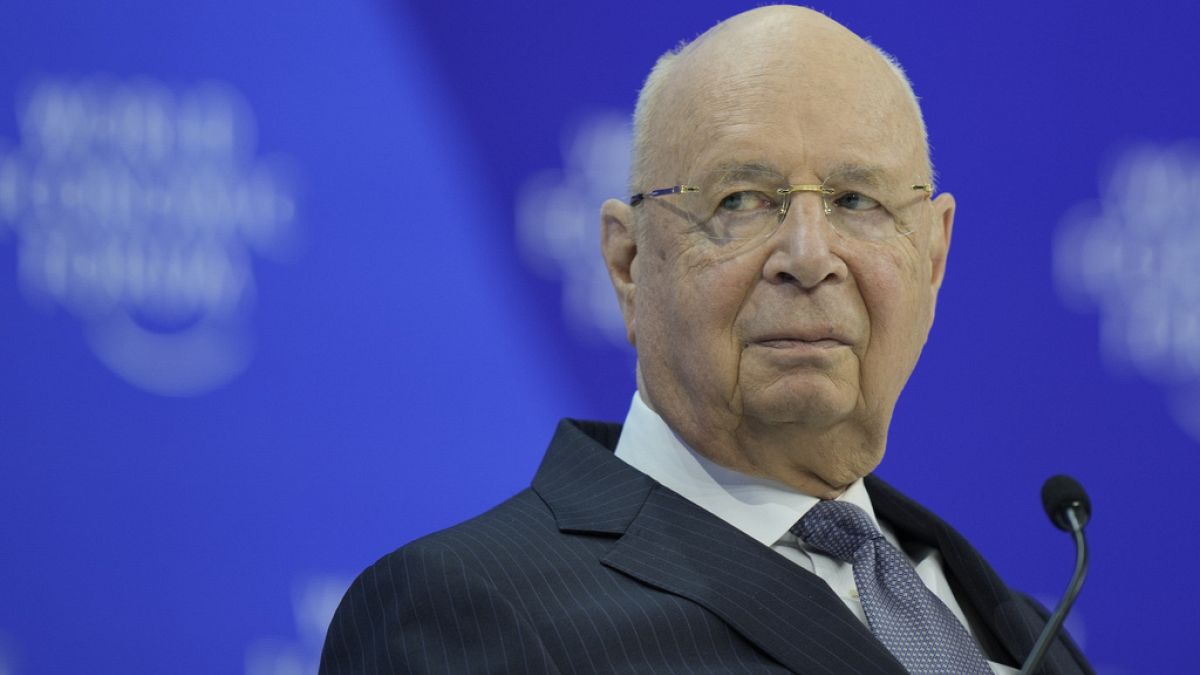
EU Privacy Advocates Secure Third Option for User Data Consent in ‘Pay or Accept’ Procedure
The European Data Protection Committee (CEPD) has recently ruled on the ‘Pay or Accept’ procedure used by online platforms, stating that they should provide a third option for user data consent. This comes in response to concerns from digital rights organizations who criticized the model as forcing users to pay for data privacy.
Meta, the owner of Instagram and Facebook, introduced an ad-free subscription format last year in an effort to coexist with the free user tracking model. However, this sparked criticism from those who argued that it was a way to circumvent EU privacy protections and profit commercially.
In response to these concerns, the EDPB met this week and advised platforms to offer alternatives to the ‘Accept or Pay’ method. President of CEPD, Anu Talus, stated that current models often require users to give up their data or pay without understanding the full implications.
The Committee emphasized that platforms should not default to charging fees for data privacy alternatives, but should instead consider offering free options that do not involve data processing for advertising purposes. They highlighted the importance of obtaining valid consent under GDPR and ensuring that users are not coerced into giving consent. Factors such as conditionality, harm, and power imbalances must be considered when charging fees for data consent.
CEPD stressed that companies must evaluate whether their decisions could lead to negative consequences for users, such as losing connections or access to professional networks. They must also assess the power dynamics between themselves and users to avoid misusing the fundamental right to data protection as a paid feature. Overall, users should be fully informed about the value and consequences of their choices regarding data consent.

